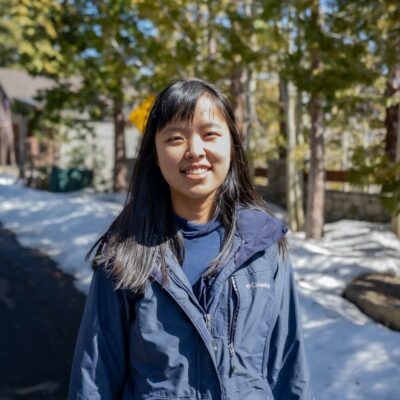Wendy Wan L&S Sciences
Heat Capacity for Ni intercalated TaSe2
Superconducting qubits, typically made from conventional metals such as aluminum or indium, are one of the best candidates for scalable quantum computing. However, these qubits are highly susceptible to environmental noise. To make the system more robust, scientists proposed to use topological qubits, a more exotic type of superconducting qubit made from a class of superconducting materials called spin-triplet superconductors. Due to the scarcity of naturally existing spin-triplet superconductors, the intrinsic properties thereof are largely under-explored, and there exist few good candidate materials for the next generation of quantum computers. In this project, I will investigate the physical properties of a novel metallic compound, nickel-intercalated tantalum diselenide, which has the potential to be a spin-triplet superconductor and used as a building block for error-resistant quantum computers. I will perform calorimetry measurements at cryogenic temperatures on grown samples in order to map out phase boundary lines as the nickel concentration of the samples is varied. The characterization of such basic physical properties is critical for future steps in incorporating this material into quantum information processing technologies.
Message To Sponsor
Thank you so much for making it possible for me to research topics I am passionate about and interested in! This summer is one of the key steps in my path to graduate school, and your donation really helps me with my future path in science. I will work with my mentor and learn to do quality research.